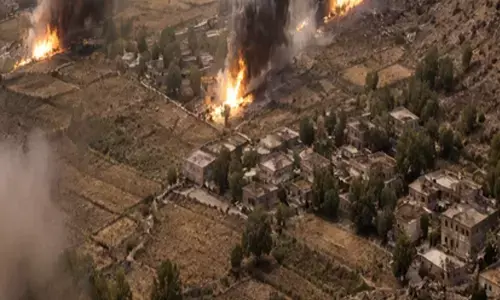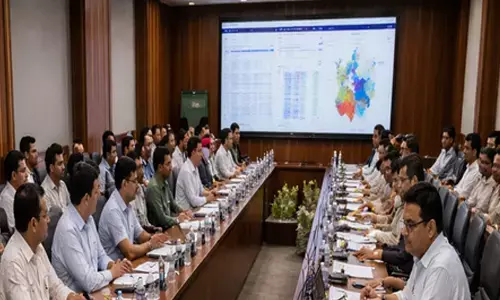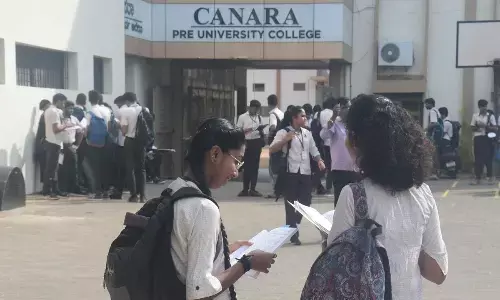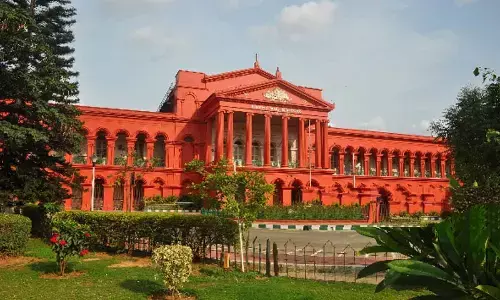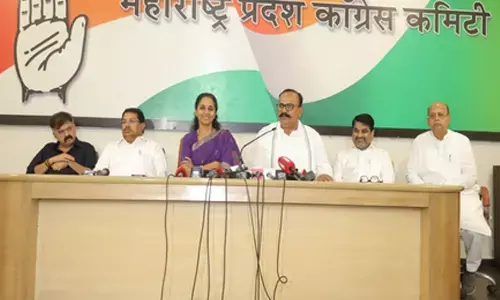Wrong to argue if climate change is happening
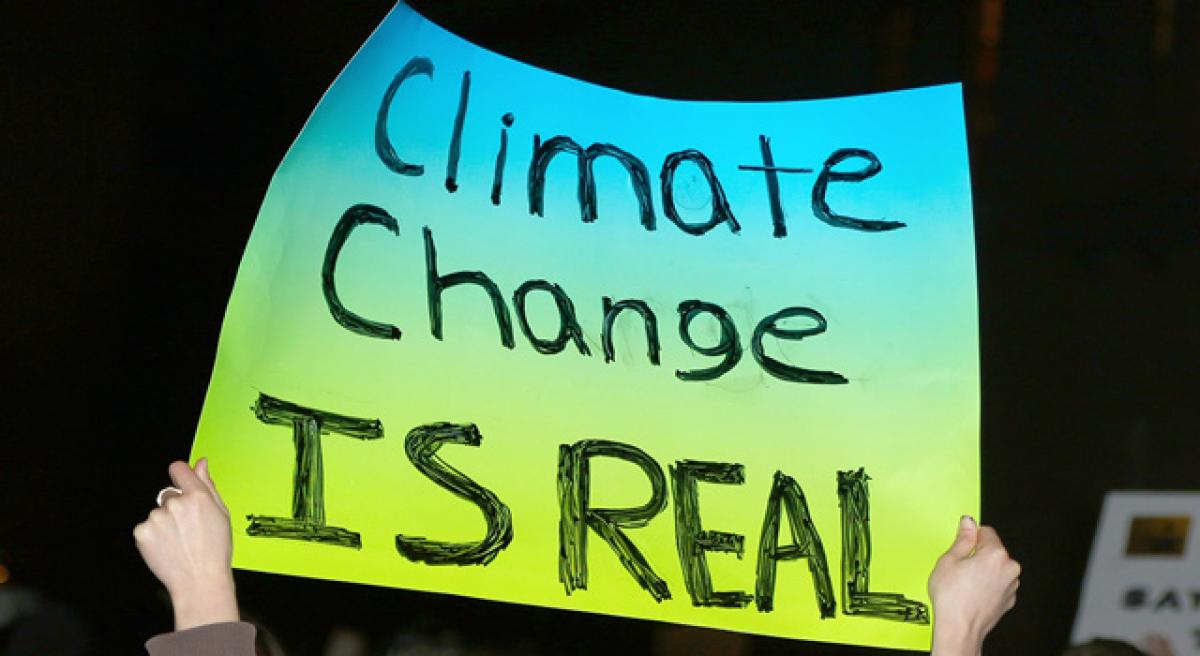
Dubbing it as \"extraordinarily irresponsible\", a section of Nobel laureates has strongly criticised US President Donald Trump\'s decision to exit the Paris accord, urging young scientists to join in the effort to combat global challenges.
Lindau (Germany): Dubbing it as "extraordinarily irresponsible", a section of Nobel laureates has strongly criticised US President Donald Trump's decision to exit the Paris accord, urging young scientists to join in the effort to combat global challenges. Their opinions come ahead of the Hamburg G20 summit, where, according to German Chancellor Angela Merkel, tackling climate change will be in focus, following the US withdrawal from the Paris climate pact.
Gathering at the 67th edition of the Lindau Nobel Laureate Meeting, they pointed out that though climate sceptics and deniers have President Trump's ear, a lot can be changed if nations, especially developing and least-developed ones, which are facing the heat of changing climate, come together, much as they did on the Montreal Protocol on Substances that Deplete the Ozone Layer. Among them, Steven Chu, the 1997 Physics Nobel winner and former US Secretary of Energy (2009-13) under Trump's predecessor Barack Obama, highlighted that "changing climate does not respect national boundaries".
"Key members of the current US Administration doubt the scientific evidence of climate change. The proposed Presidential federal budget calls for stopping federal support of climate research including the cancellation of future satellite missions to monitor climate change," Chu said in a speech that was delivered by Nobel laureate William E. Moerner, in his absence, at the meeting.
"Perhaps they believe if we don't measure changes in the climate, it is not happening," said Chu. Moerner opined that it is "wrong" to argue whether climate change is happening or not. "I am very concerned (about Trump's policy on climate change) because it reflects lack of respect for the scientific method. We should not be arguing if it's happening or not or whether we are the cause of it; it's simply wrong," he said.
Laureate Mario Jose Molina, a Mexican-born American chemist, noted for his pioneering work on the depletion of the ozone layer, dubbed Trump's attitude as "extraordinarily irresponsible and irrational". "Fortunately, we have one example of a global issue that has been solved – the depletion of the ozone layer – and without this international agreement, the Montreal Protocol, we would be in very big trouble today; but fortunately, all countries on the planet accepted the agreement.
So I know, it can be done, we can all work together and avoid these irresponsibilities, Molina said. Molina said India should take advantage of "creative technologies" to reduce dependency on coal. "The problem in India is, it is so cheap to burn local coal; so it's very hard to compete with that. For India it is a huge challenge as the economy develops, the emissions increase," he said, adding scientists from countries like India and Mexico should not work in silos but speak up in unison on global challenges.
Outlining the scientific community's responsibilities, Bernard L. Feringa, 2016 Nobel Laureate in Chemistry, said chemists are in a unique position to advance renewable fuels and chemicals. He encouraged young scientists to contribute to the field even though their inputs may only be a "small step". "It is our duty to society," he says.
"Now more than ever, we need talented young scientists and engineers to create the innovations needed for a prosperous and sustainable future. We also need young economists and political scientists to work with the technologists to create better policy options, and future business leaders that will make sustainability an integral part of their business," Chu adds.
By Sahana Ghosh




